Hello everyone and welcome to my blog :-)
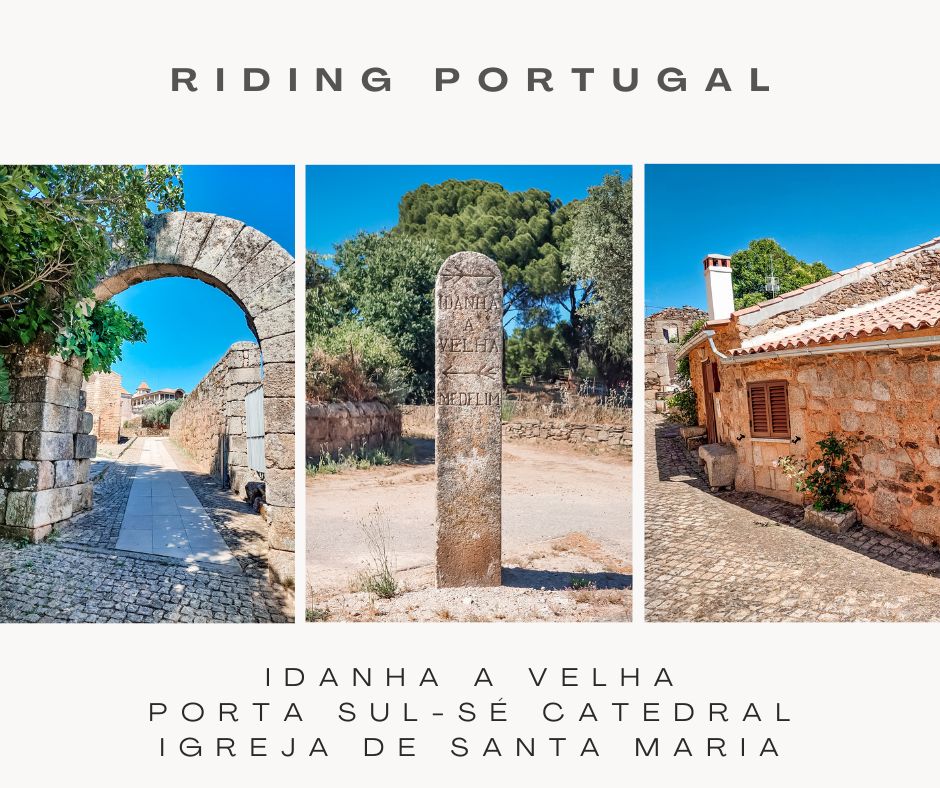
Today we will finish our visit to this beautiful village.
We went to get the car where it was parked and took a walk around the outside to see where it could take us. We went to the south door, which immediately allowed us to see one of the most important monuments in the village.
PT
Vamos terminar ao dia de hoje a nossa visita por esta bonita aldeia.
Fomos buscar o carro onde estava parado e demos um volta pelo exterior para vermos onde nos podia levar. Fomos de encontro à porta sul que nos permite de imediato visualizar um dos mais importantes monumento da aldeia.
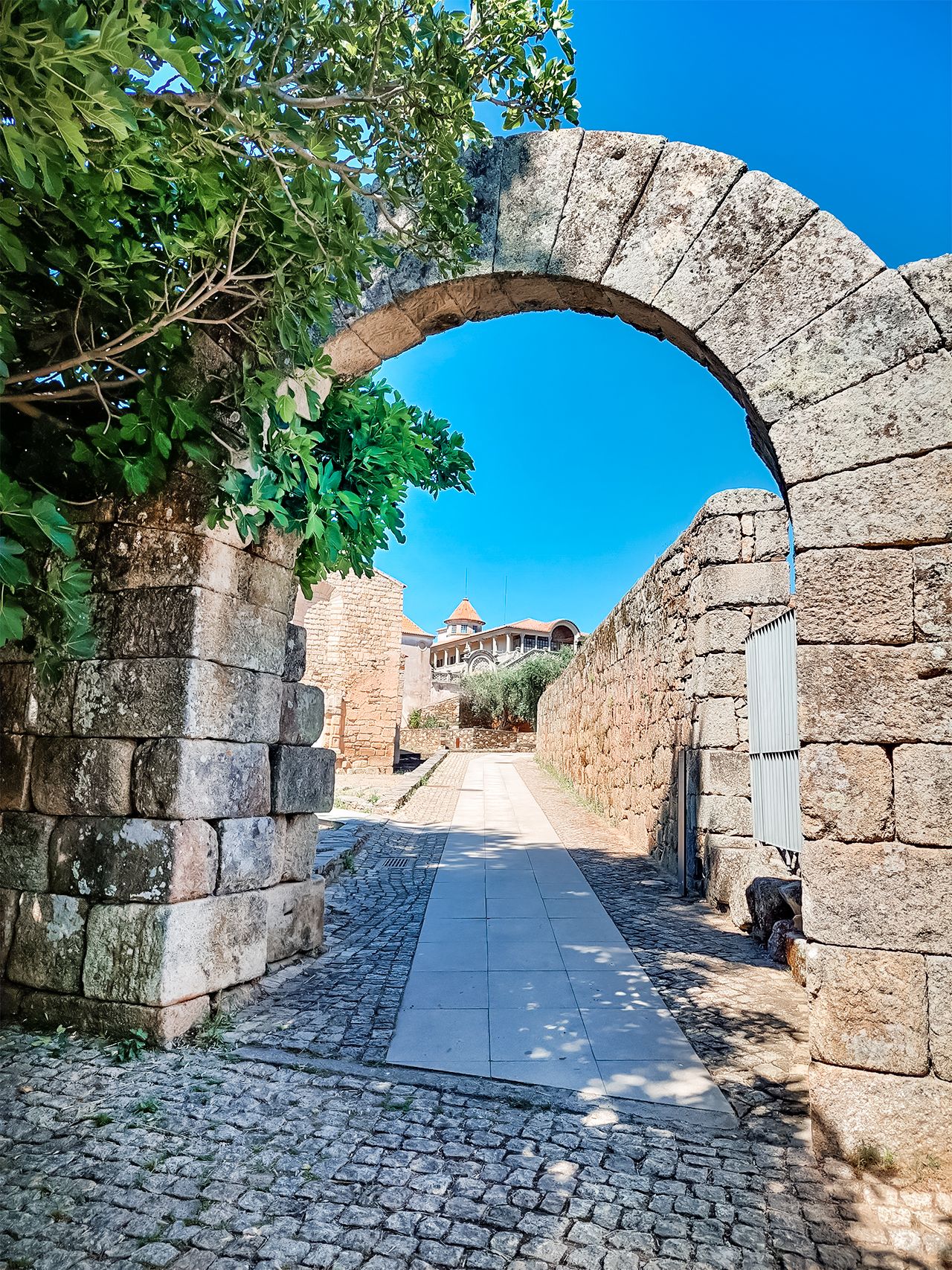
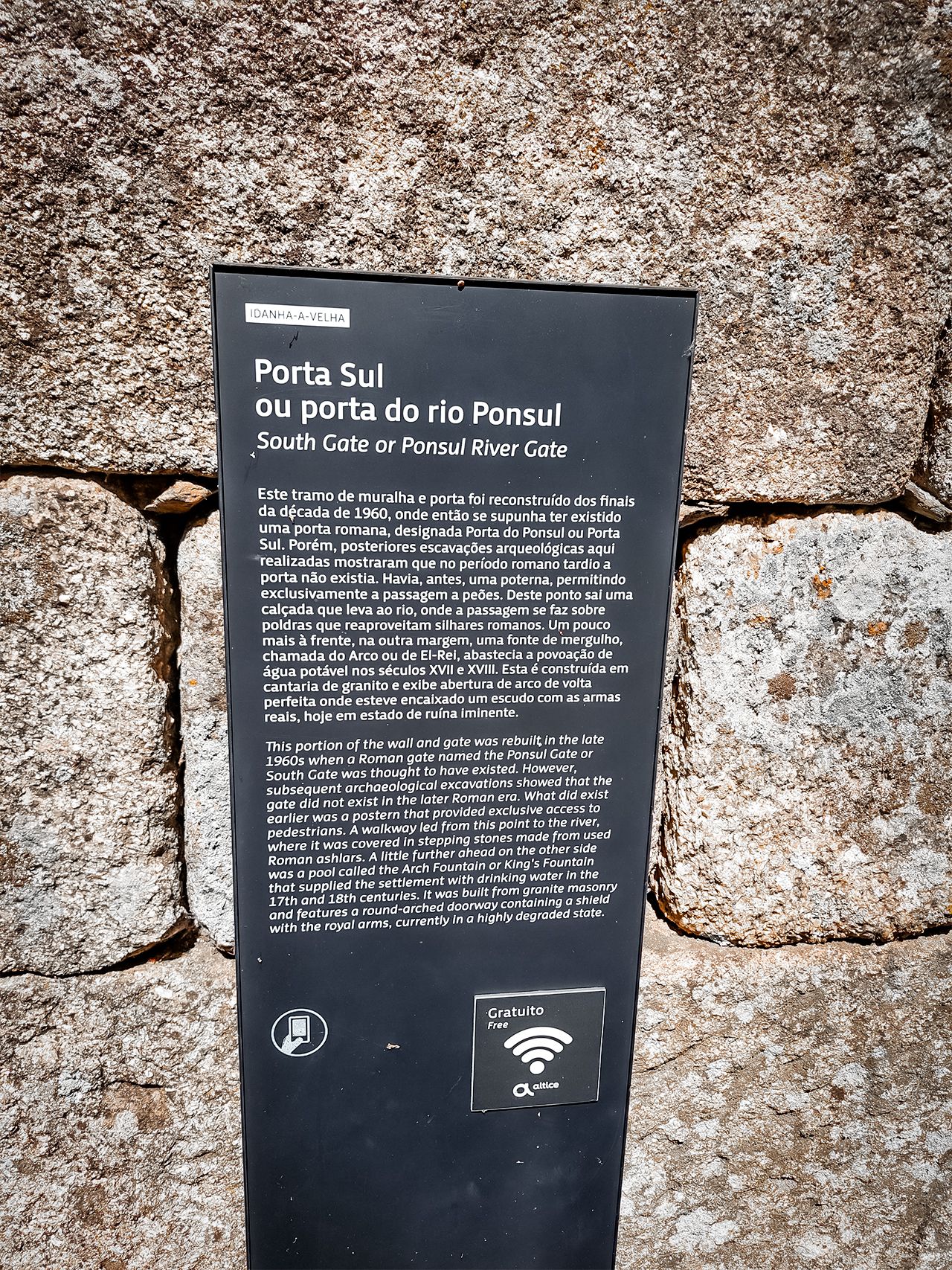
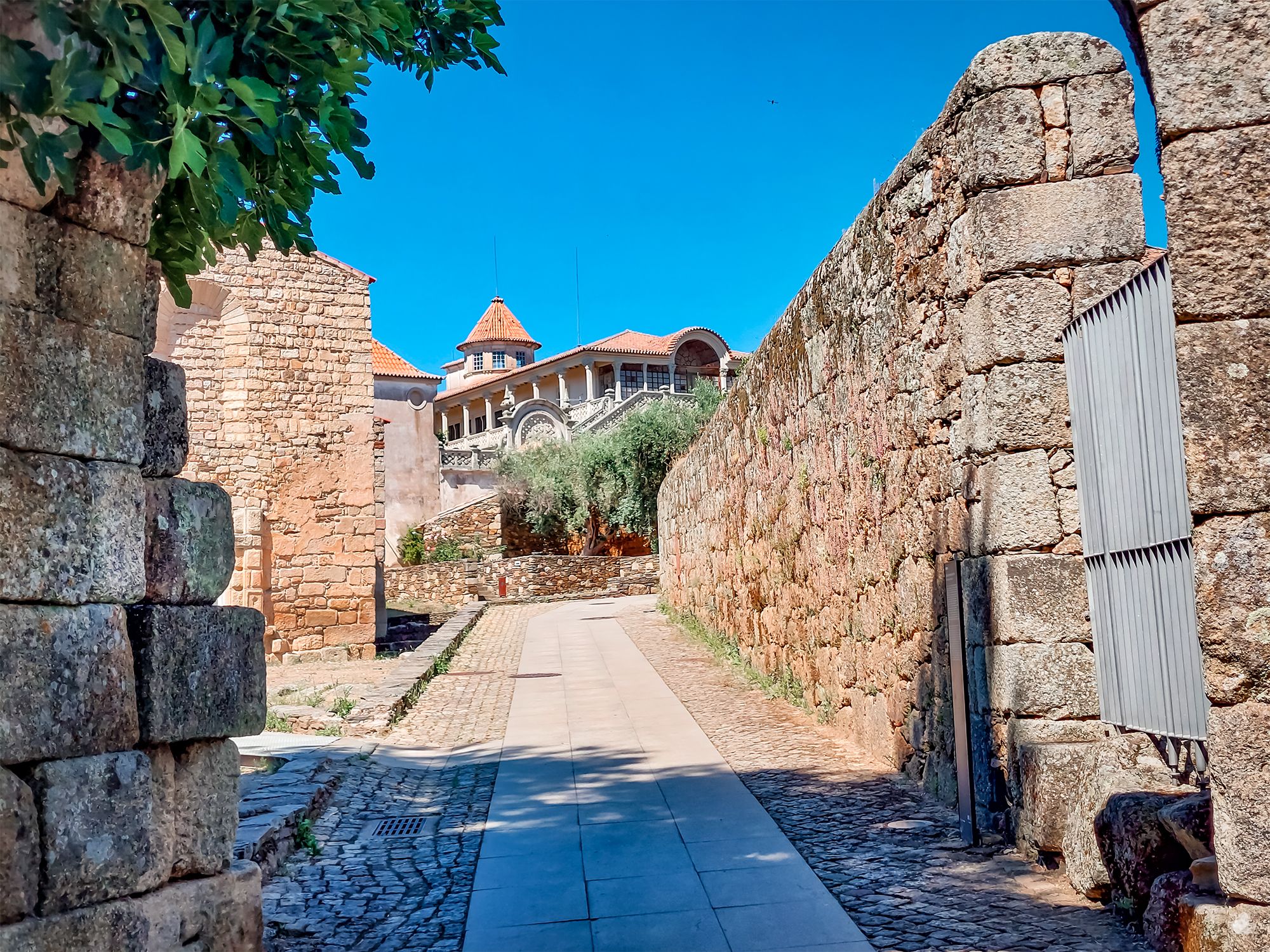
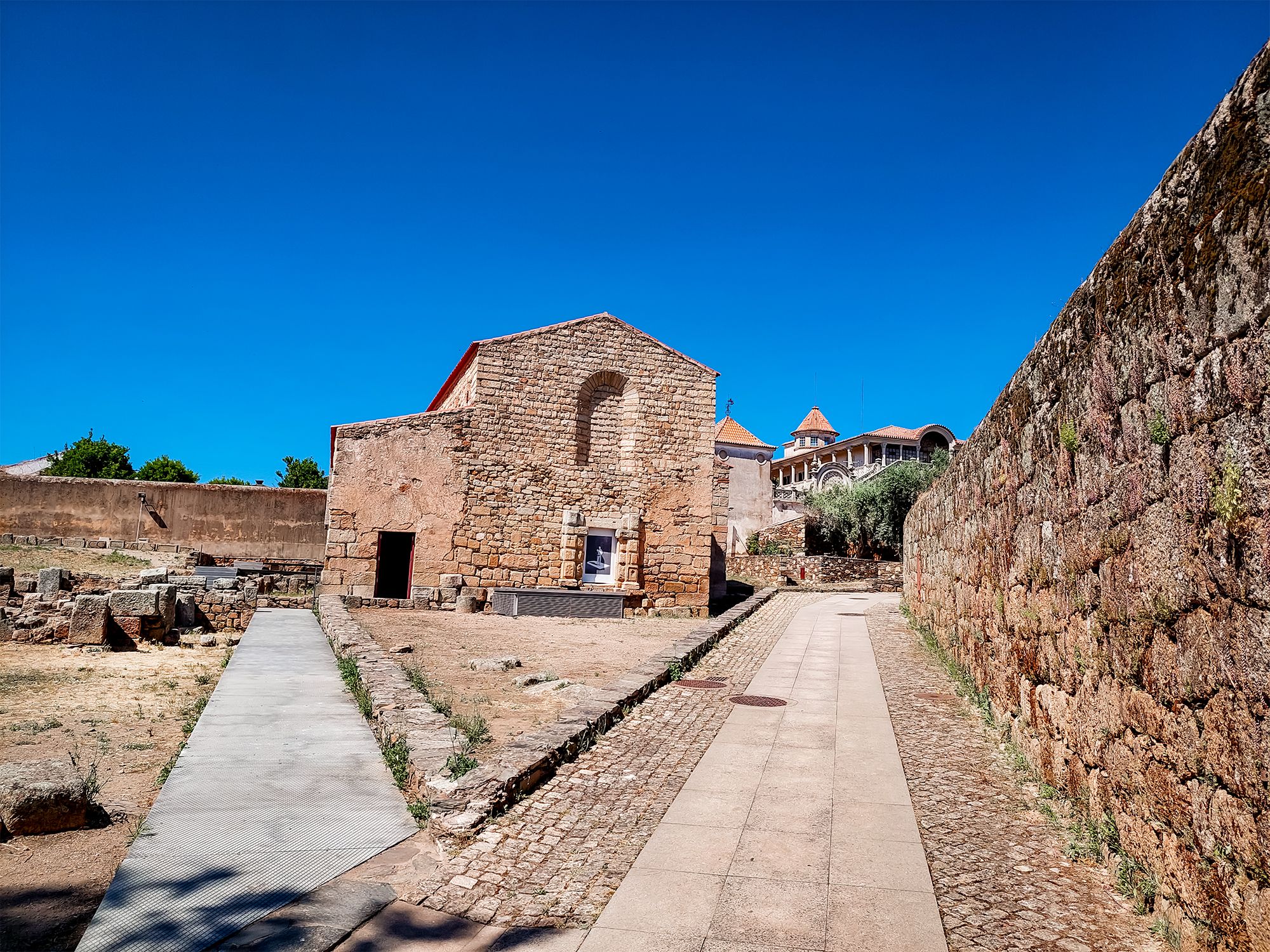
This section of wall and the door were rebuilt in the late 1960s by Fernando de Almeida, in the same place where a Roman door, known as Porta do Ponsul or Porta Sul, was believed to have existed. However, subsequent archaeological excavations revealed that this The door did not exist in the late Roman period. Instead, there was a postern, which only allowed people to pass through.
PT
Este pedaço de muralha e a porta foram reconstruídos no final da década de 1960 por Fernando de Almeida, no mesmo local onde se acreditava ter existido uma porta romana, conhecida como Porta do Ponsul ou Porta Sul. No entanto, escavações arqueológicas subsequentes revelaram que esta porta não existia no período romano tardio. Em vez disso, havia uma poterna, que permitia apenas a passagem de pessoas.
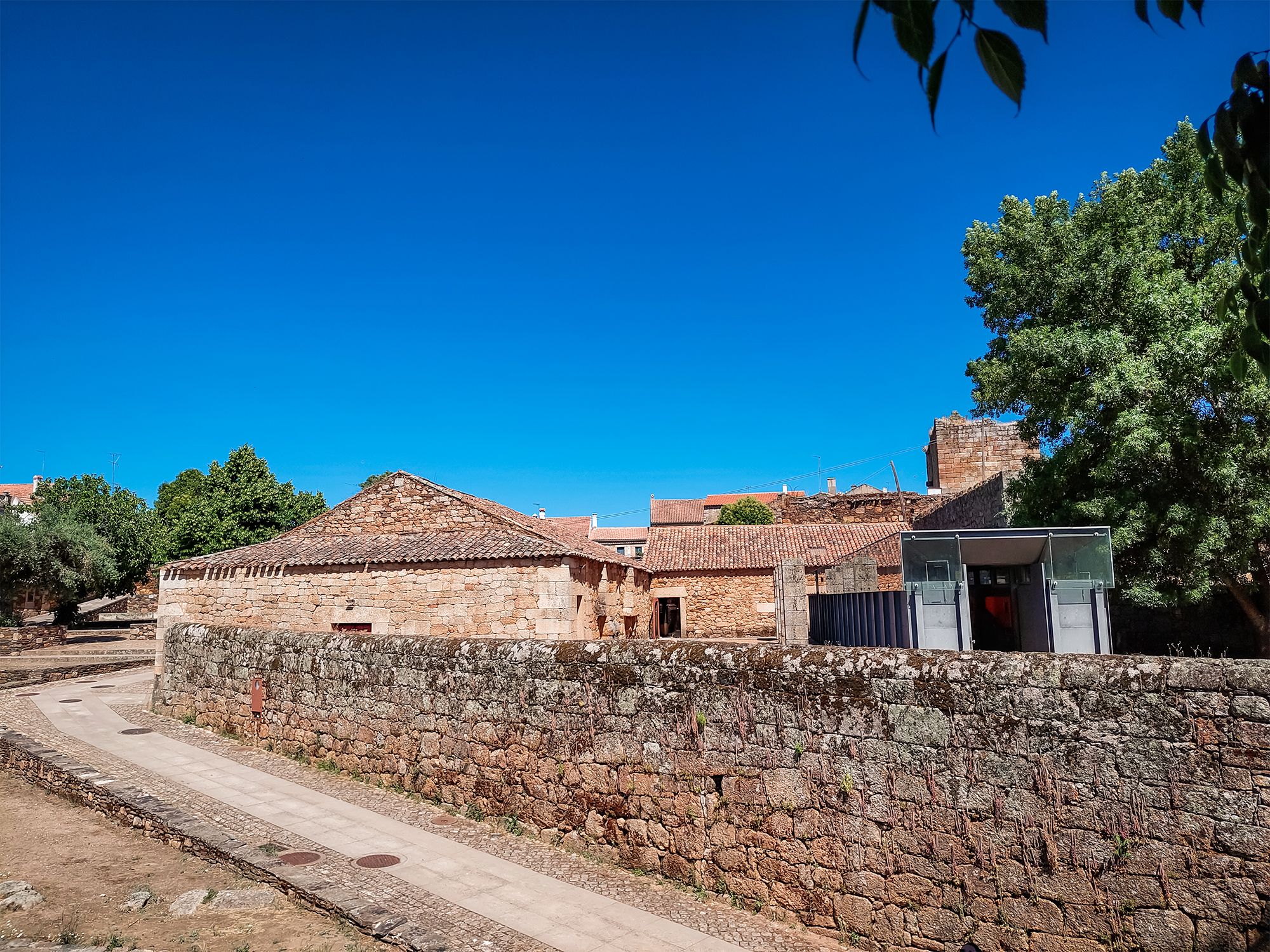
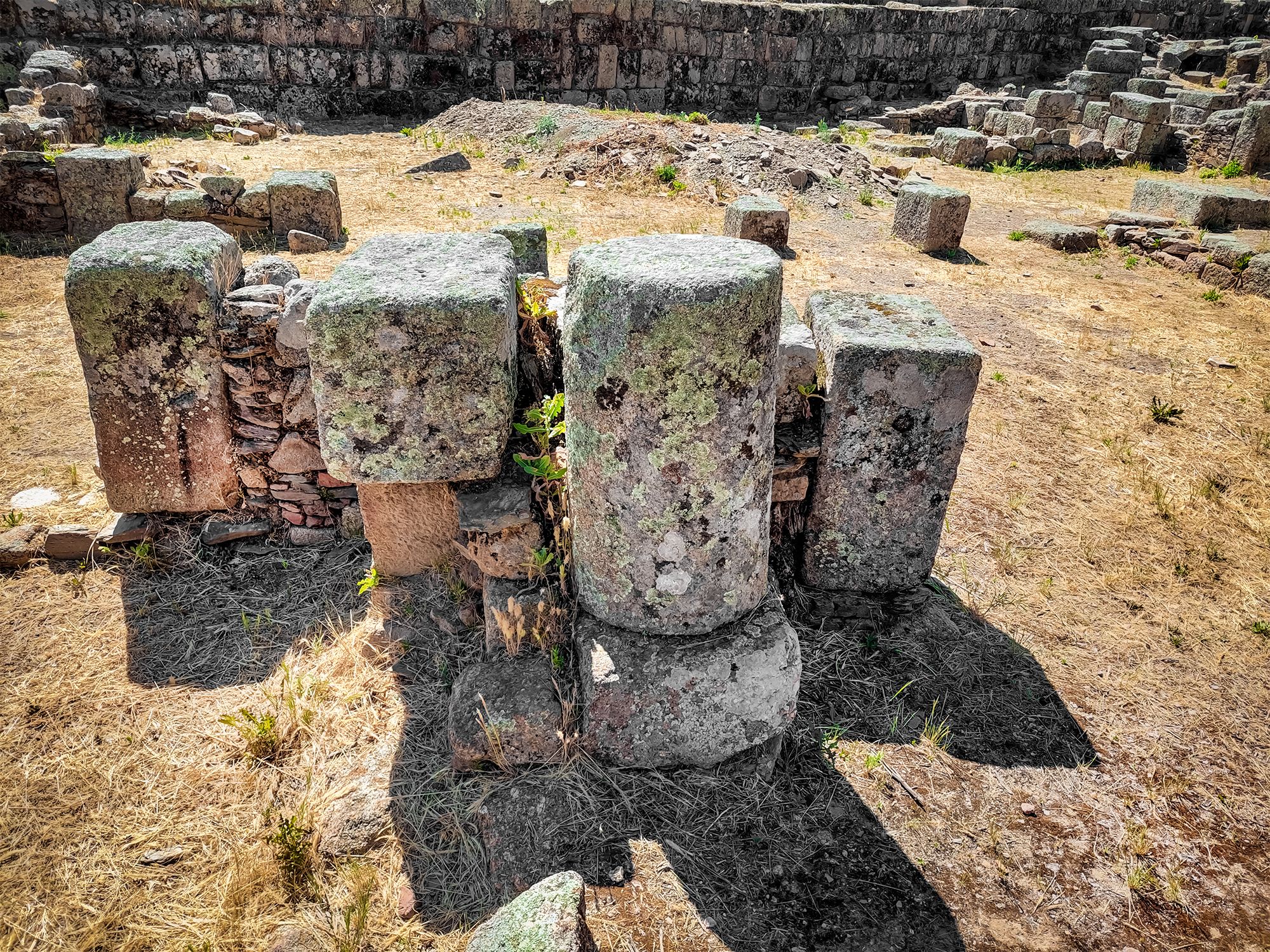
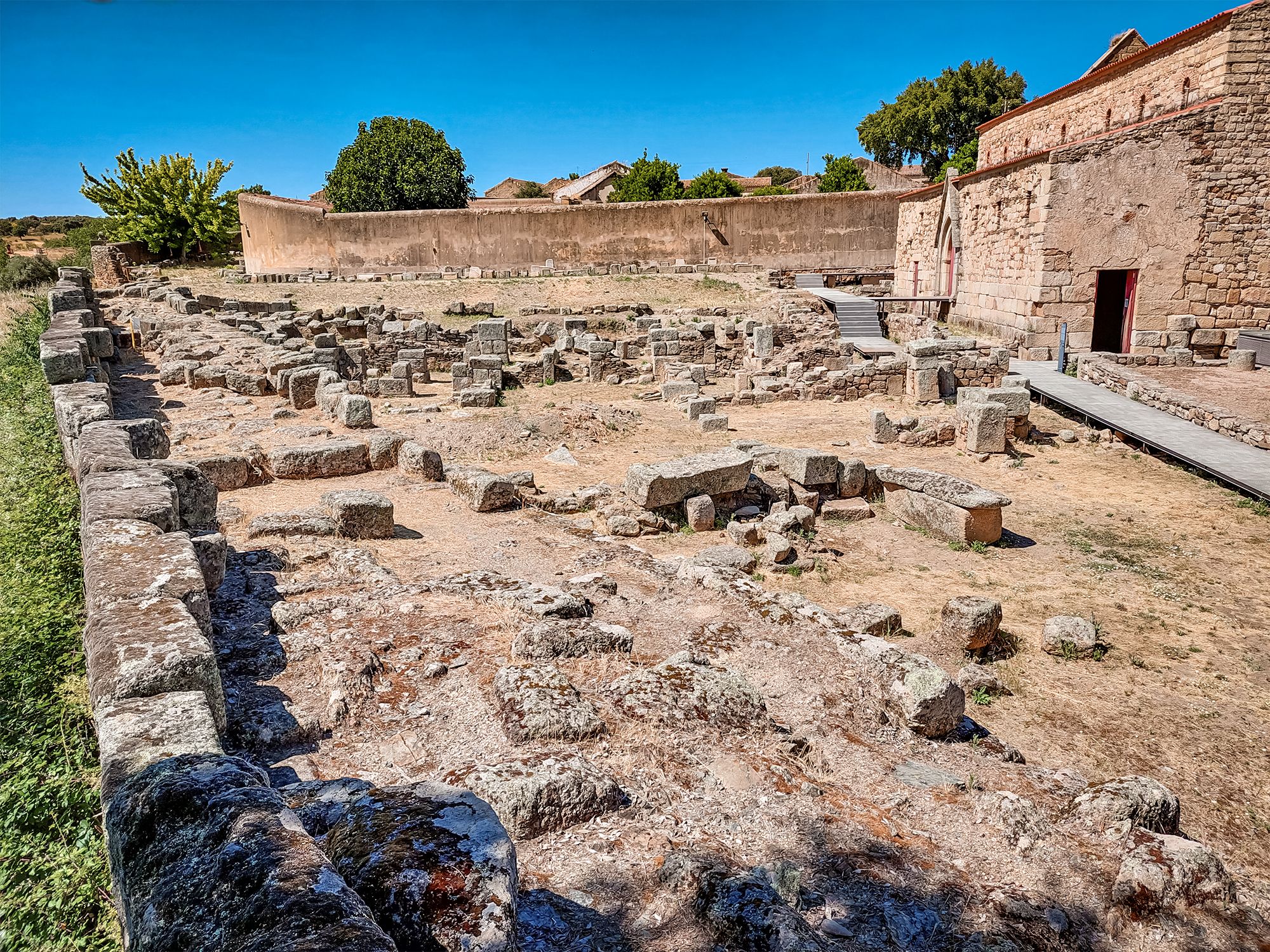
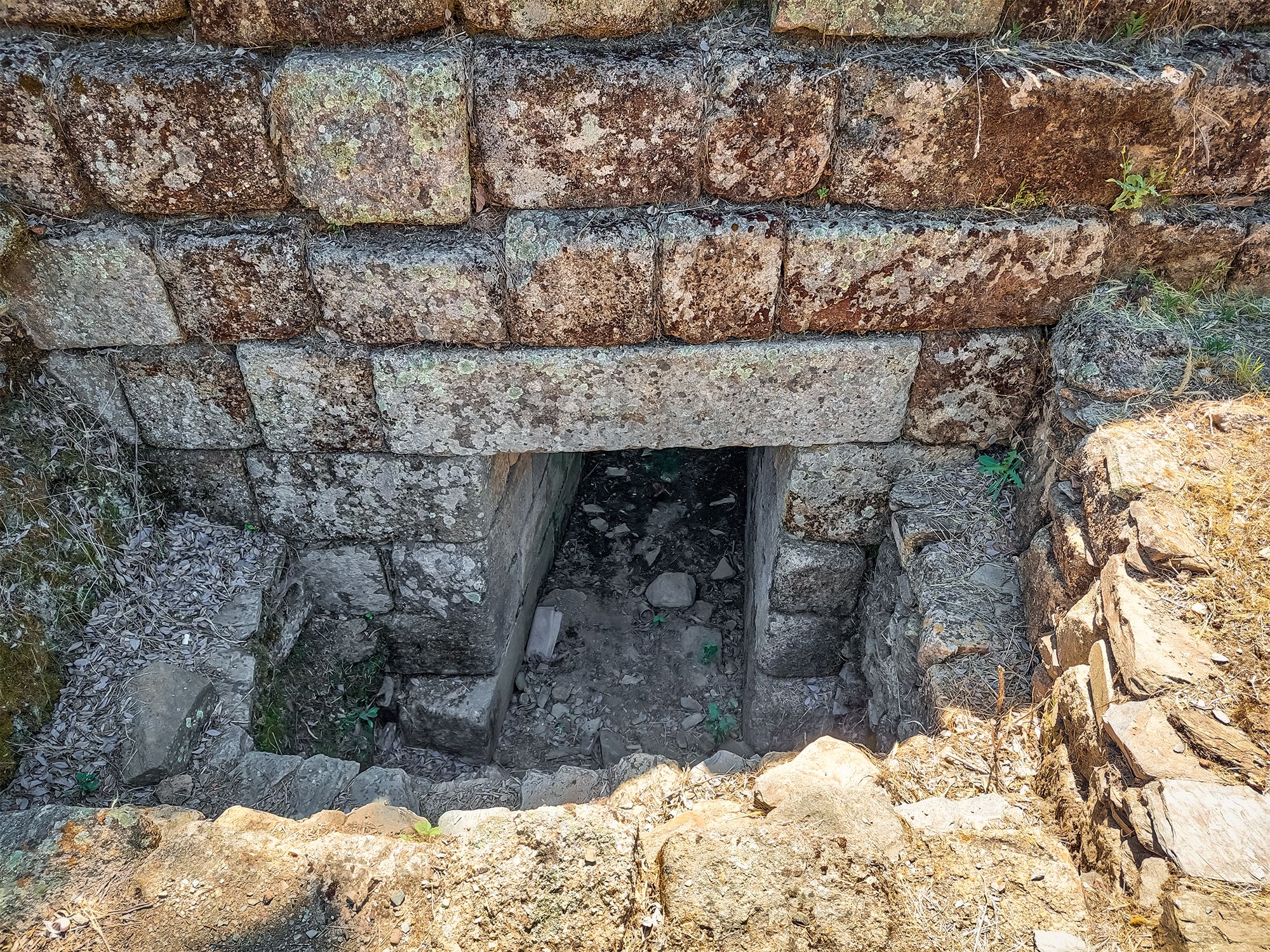
In the heart of the historic center of Idanha-a-Velha, there is one of the most significant archaeological sites in Portugal, which preserves traces of Roman and Muslim occupations, among others.
In this scenario, the imposing Sé Cathedral of Idanha-a-Velha stands out, a notable and unique building throughout the national territory.
PT
No coração do centro histórico de Idanha-a-Velha, localiza-se uma das mais significativas estações arqueológicas de Portugal, que preserva vestígios de ocupações romana e muçulmana, entre outras.
Neste cenário, destaca-se a imponente Sé Catedral de Idanha-a-Velha, um edifício notável e singular em todo o território nacional.
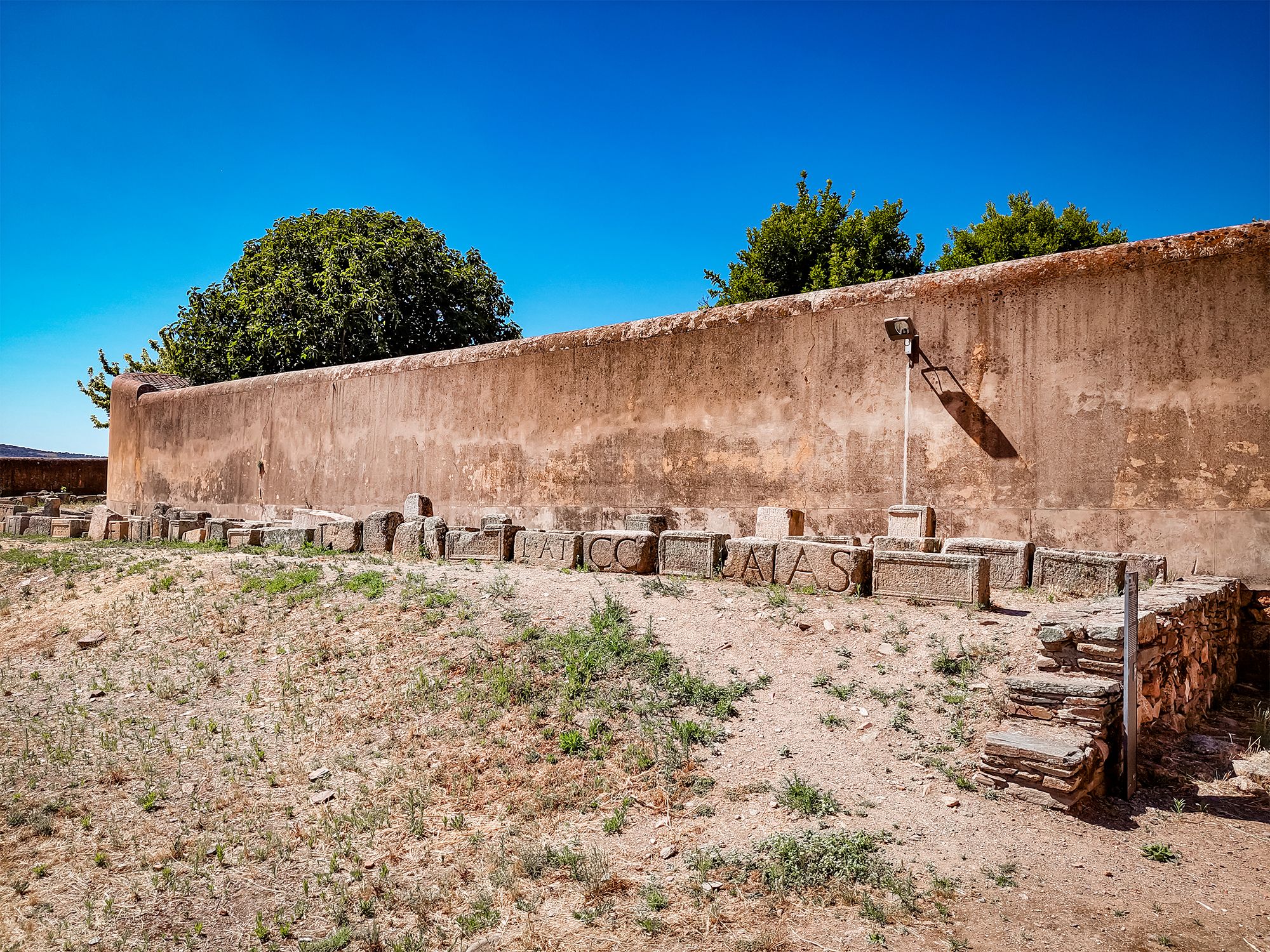
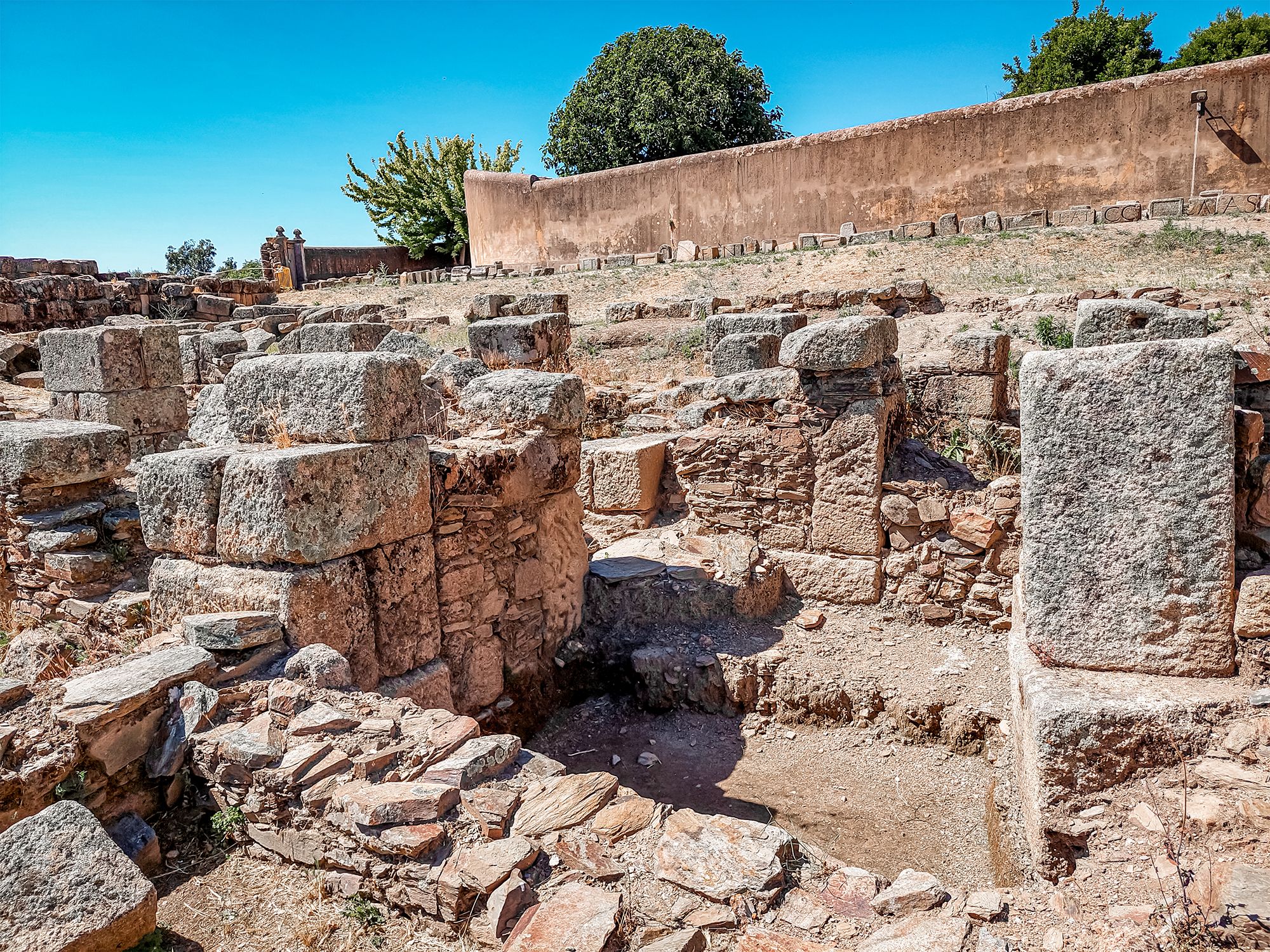
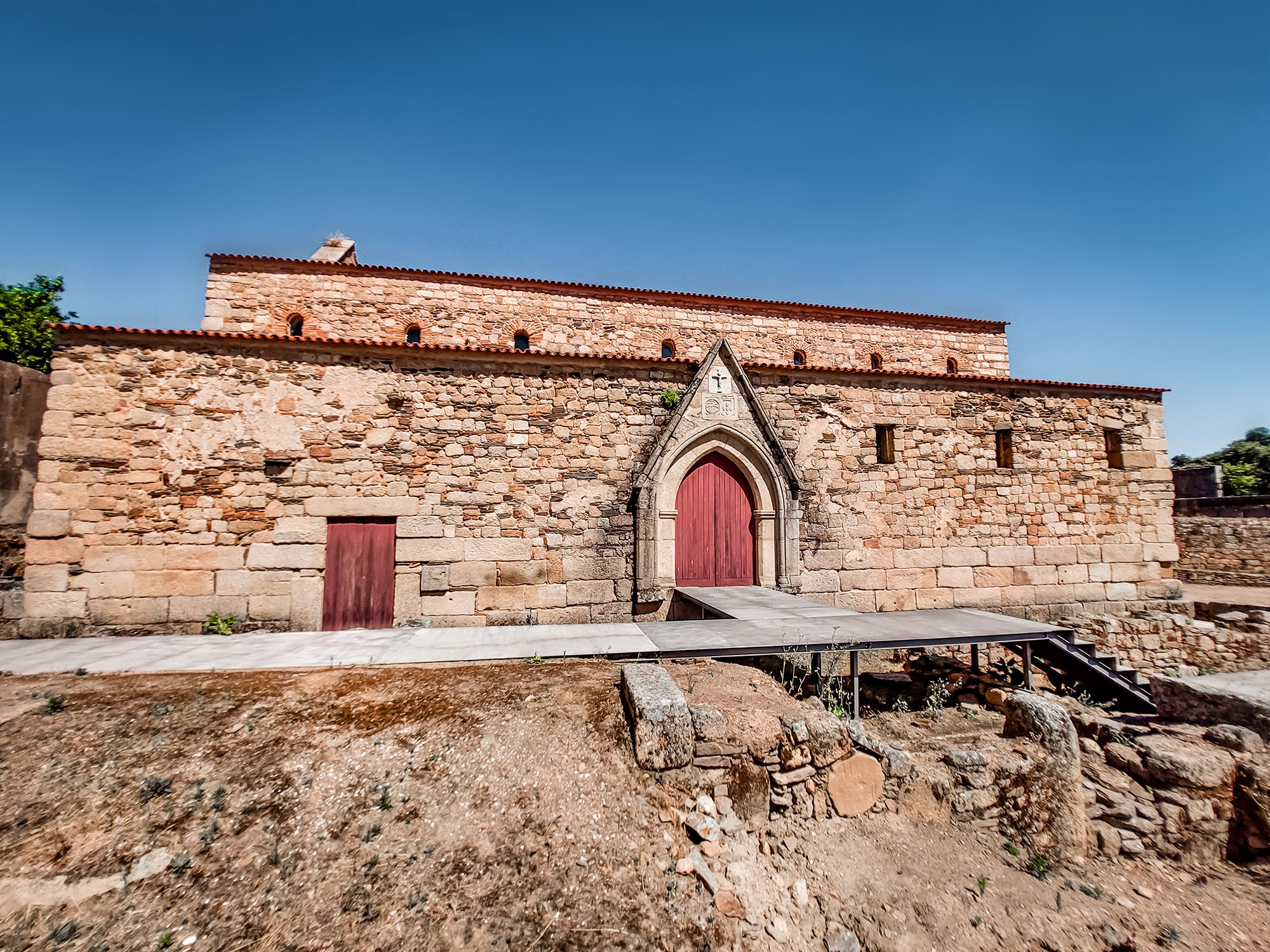
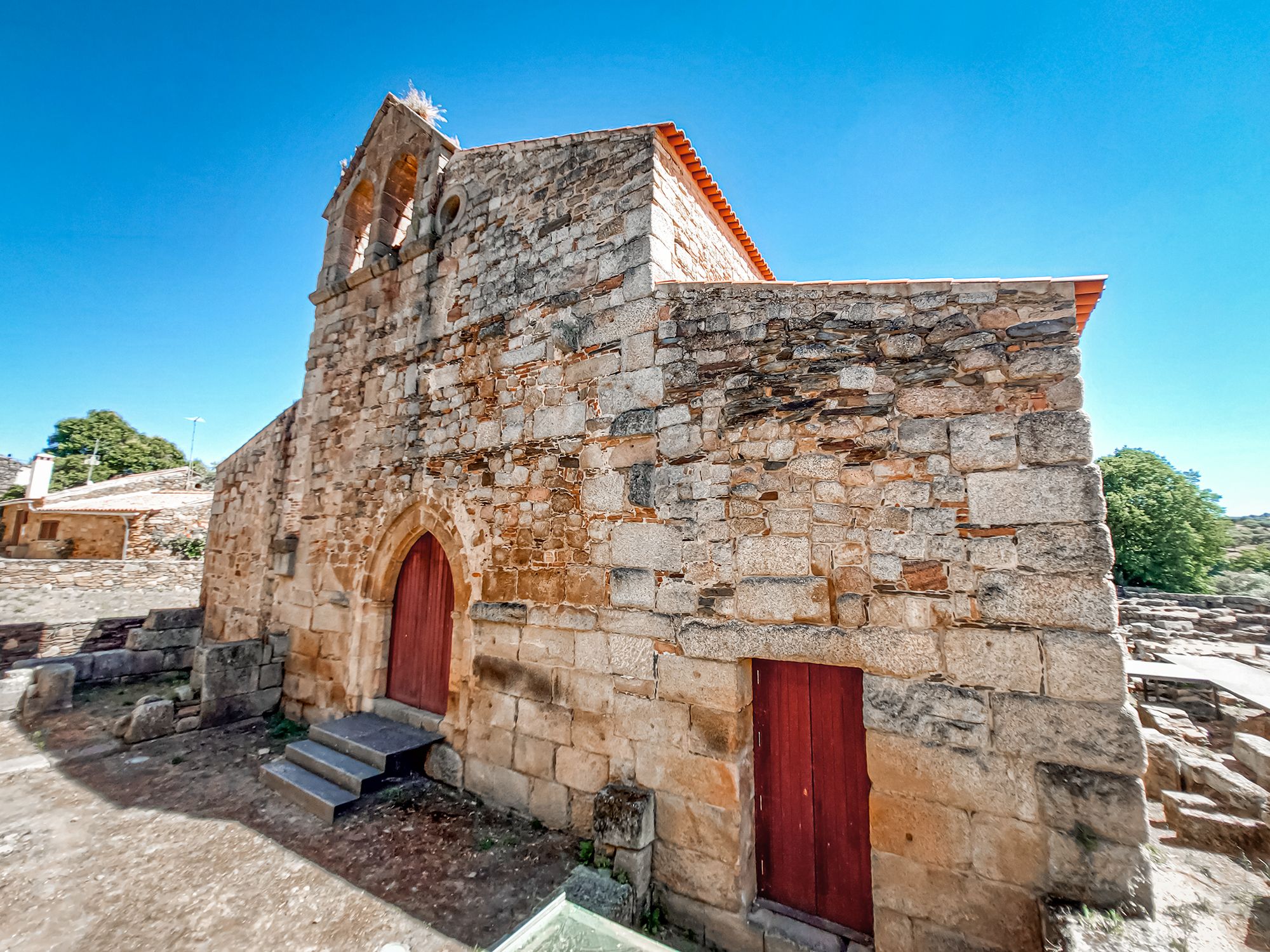
The building is believed to have been constructed in the 4th or 5th century as a place of worship, possibly during Swabian rule. Later, during the Muslim occupation in the late 9th century, the temple was altered by the local Mozarabic community and then converted to Islamic worship. In the 12th century, the territory was reconquered by Christians. The current Cathedral remained in ruins until the middle of the 13th century, when the Templars, who also occupied the village, restored part of the ruins to build their church dedicated to Saint Mary. The building was renovated again at the end of the 15th and beginning of the 16th century, when the main doors on the west and north sides were opened.
PT
Acredita-se que o edifício tenha sido construído no século IV ou século V como um lugar de culto, possivelmente durante o domínio suevo. Posteriormente, durante a ocupação muçulmana no final do século IX, o templo foi alterado pela comunidade moçárabe local e depois convertido ao culto islâmico. No século XII, o território foi reconquistado pelos cristãos. A atual Sé Catedral permaneceu em ruínas até meio do século XIII, quando os Templários, que também ocuparam a aldeia, restauraram parte das ruínas para construir a sua igreja dedicada a Santa Maria. O edifício foi novamente intervencionado no final do século XV e início do XVI, período em que foram abertas as portas principais nos lados oeste e norte.
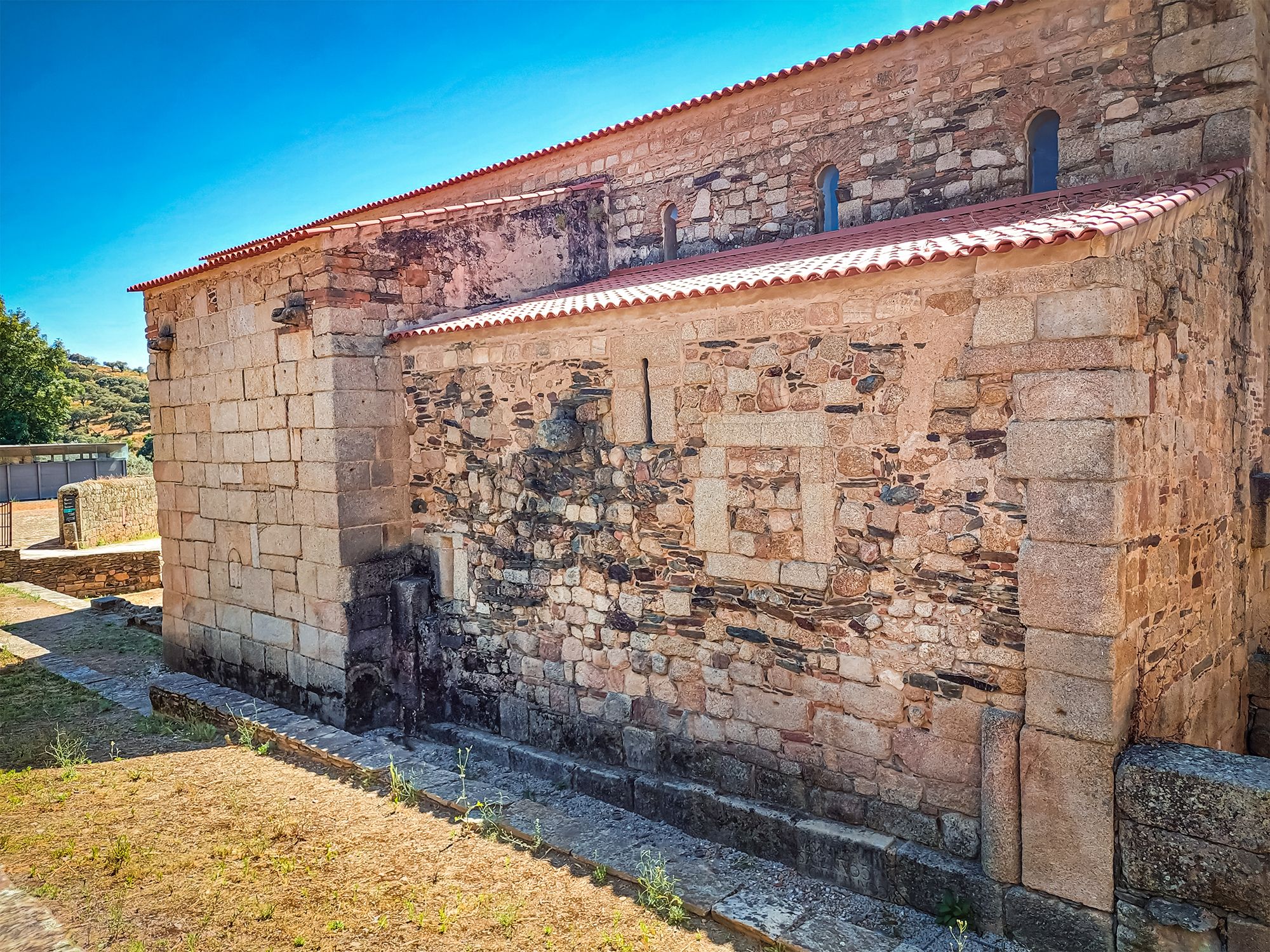
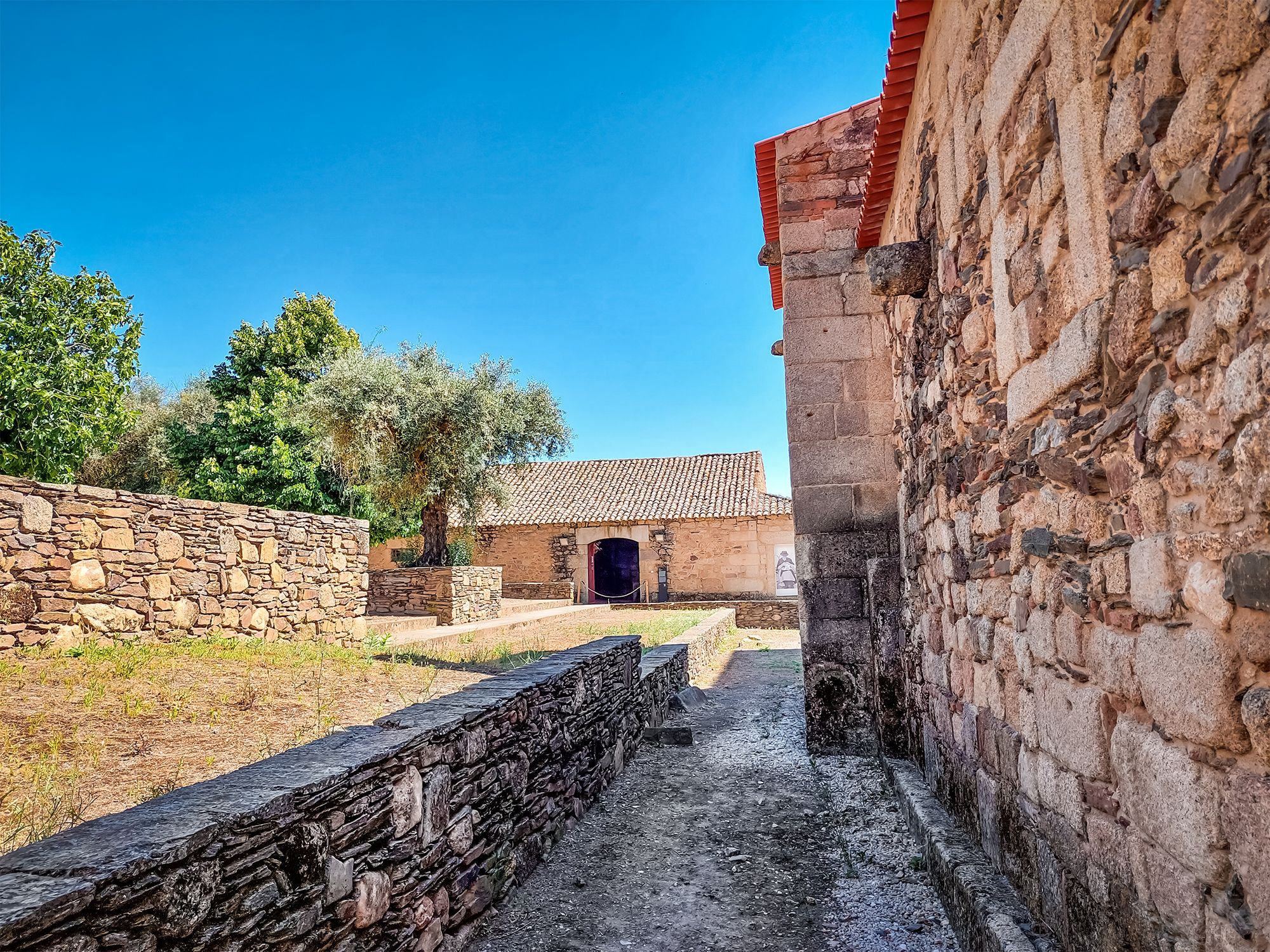
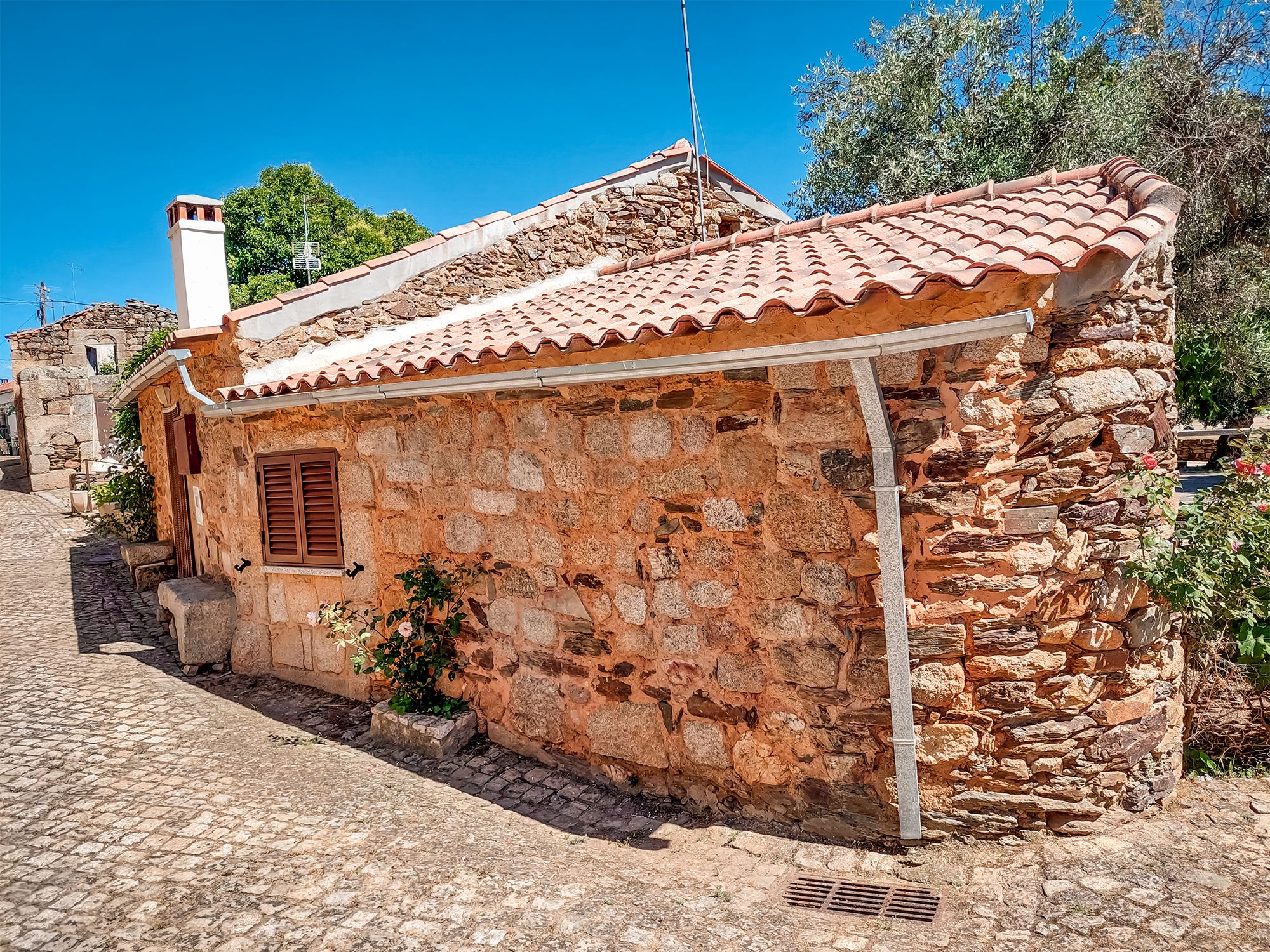
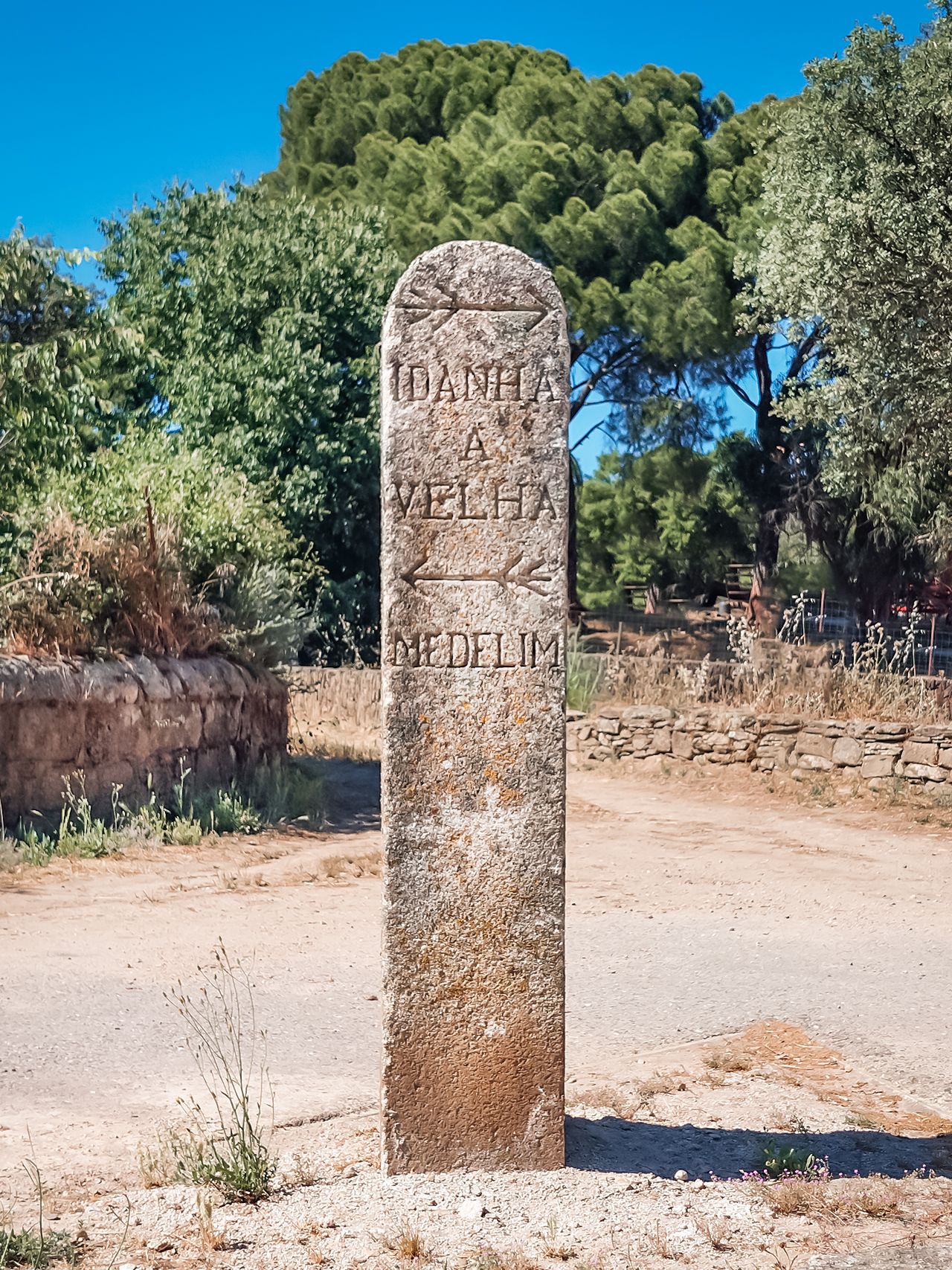
During the time we stayed here we only came across one of its 50 inhabitants.
In the 15th century, it is said that a plague wiped out almost the entire population of Idanha-a-Velha, and the few who survived founded Idanha-a-Nova, about 20 km away. The tragedy preserved the city almost intact. Some returned but only for a time, and today a small group of farmers and shepherds live among the Roman ruins.
PT
Durante o tempo que aqui permanecemos cruzamo-nos apenas com um dos seus 50 habitantes.
No século XV, diz-se que uma peste terá dizimado quase toda a população de Idanha-a-Velha, e os poucos que sobreviveram fundaram Idanha-a-Nova, a cerca de 20 km . A tragédia preservou a cidade quase intacta. Alguns retornaram mas apenas por algum tempo, e hoje um pequeno grupo de agricultores e pastores habita entre as ruínas romanas.
I hope you enjoyed.
See you around.
Wishing you much peace and health
Those who pass by us do not go alone. They leave a bit of themselves, taking a piece of us."
Author: Antoine de Saint-Exupery, The Little Prince.
